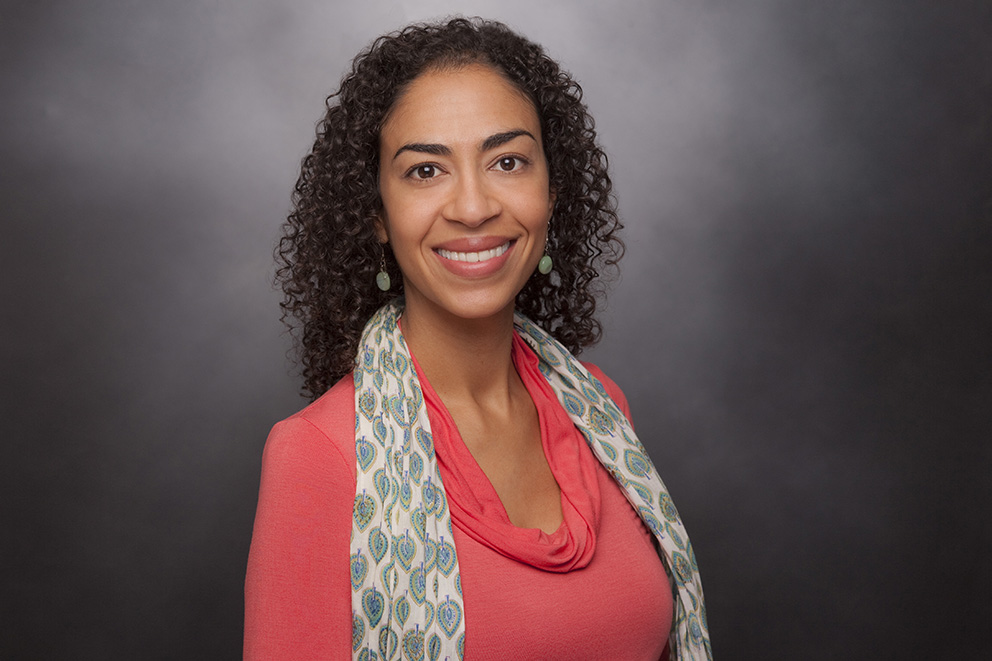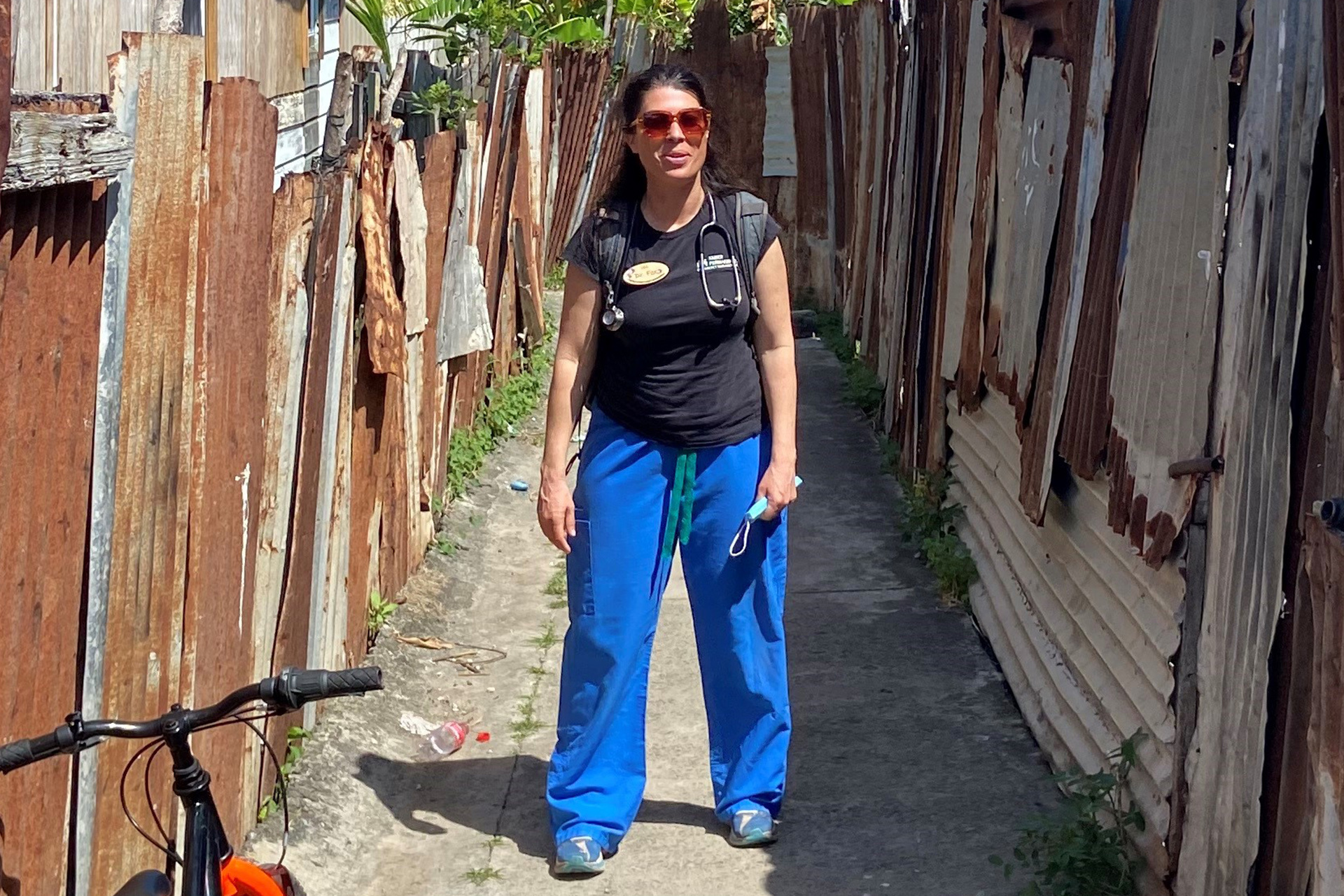Research scientist Susan Brown, PhD, reflects on her family’s unique connection to Kaiser Permanente.
Many people in the Kaiser Permanente community have generational ties to the organization. But not many also have generational ties to the health care research that Kaiser Permanente is now recognized for. Susan Brown, PhD, a research scientist at Kaiser Permanente’s Northern California Division of Research, was not only born at the Oakland Medical Center — where her mother, Jean S. Moore, had a 26-year career in nursing — but she’s also carrying forward her mother’s belief in the importance of disease prevention research.
Brown studies ways to help patients prevent chronic conditions like diabetes and cardiovascular disease by eating well, being active, managing weight, and staying up-to-date with preventive screening tests. Her research focuses on behavior change interventions for women and racial and ethnic minority groups who bear disproportionate burdens of chronic disease.
A Shared Passion for Prevention
It’s a field that not only is her passion, but was important to her mother, too. Moore played a supporting role in early research led by Kaiser Permanente’s founding physician Sidney R. Garfield, MD, and Morris Collen, MD. (Drs. Garfield and Collen established the Division of Research in 1961.) The research project was called the Total Health Care Project, a randomized study on the ideal way to deliver health care and inspire lifestyle change for chronic disease prevention.

“My mom’s lifelong commitment to patient-centered preventive care continues to inspire me today,” Brown said. “It’s part of why I feel so strongly connected to Kaiser Permanente’s history and its mission to advance preventive medicine.”
The Total Health Care Project was Dr. Garfield’s last research study. Launched in the 1980s, the project tested Dr. Garfield’s belief that preventive care should go hand-in-hand with sick care. His vision was that a team-based approach of physicians, nurse practitioners, and other providers can effectively and economically provide comprehensive primary care. As 1 of 6 nurse practitioners on the Total Health Care team, Jean Moore was at the vanguard of demonstrating nurses’ expanding roles in preventive medicine.
Helping People Make Healthy Choices
Among the Total Health Care Project’s tactics was an aggressive outreach plan to new members to schedule a health evaluation appointment and to develop a personalized Health Improvement Plan. Members received a mailing with the instructions: “If you are feeling fine, we also want to see you to make sure you are in good health and assist you in preventing future problems. We really think the BEST time for you to get acquainted with us is when you’re feeling good, without the pressure of illness.”
Coincidentally, Brown’s own research is aligned with the preventive work her mom supported in the Total Health Care Project. She hopes that her work will also help trigger lifestyle changes that can prevent chronic diseases among diverse patients at high risk.
Continuing a Family Legacy
To that end, Brown studies the design, implementation, effectiveness, and reach of interventions — from single health messages to complex programs — that support women in making healthy lifestyle choices.
She recently found that a tailored letter with personalized recommendations, sent as part of a nurse-based care management program for women with gestational diabetes, helps women meet national guidelines for healthy weight gain during pregnancy. She is also testing new outreach strategies to motivate patients to participate in preventive programs.
“I’m proud of my mom’s work and excited to continue that legacy — one focused on the importance of behavior change and how health care systems and providers can best support diverse patients,” Brown said.
This article originally appeared in the Kaiser Permanente Division of Research Spotlight.





This Post Has 2 Comments
Thank you for sharing Susan’s exceptional work and legacy of prevention and patient centered care!
Thank you for your effort in keeping women healthy. I have recently watched the Interconnected Video series on microbiom research and also reading the Wahl’s protocol book. Learning so much as to prevent diseases and stay in good health. Learning that our gut talks to our brain, not the other way around! So a healthy microbiom is essential to health. The scientists and researchers predict that in 5 years this microbiom test will be standard test as it is so important to our health … So basically it is eating lots of fresh vegetables (both leafy and sulfur), fresh fruits and veggies, and fruits with color, and make it organic if possible. Also eat grass-fed meats, wild-caught fish and organ meats. Add seaweed and fermented foods to the diet and the most important, cut out gluten and processed foods. And maybe cut out dairy if you are sensitive. And just cut back on carbs in general. I have been gluten-free for over 10 years and that cleared up a lot of my health issues, but now am trying these recommendation and I am feeling so much better! More energy, less brain fog, and losing some weight, too! So, we really are what we eat!